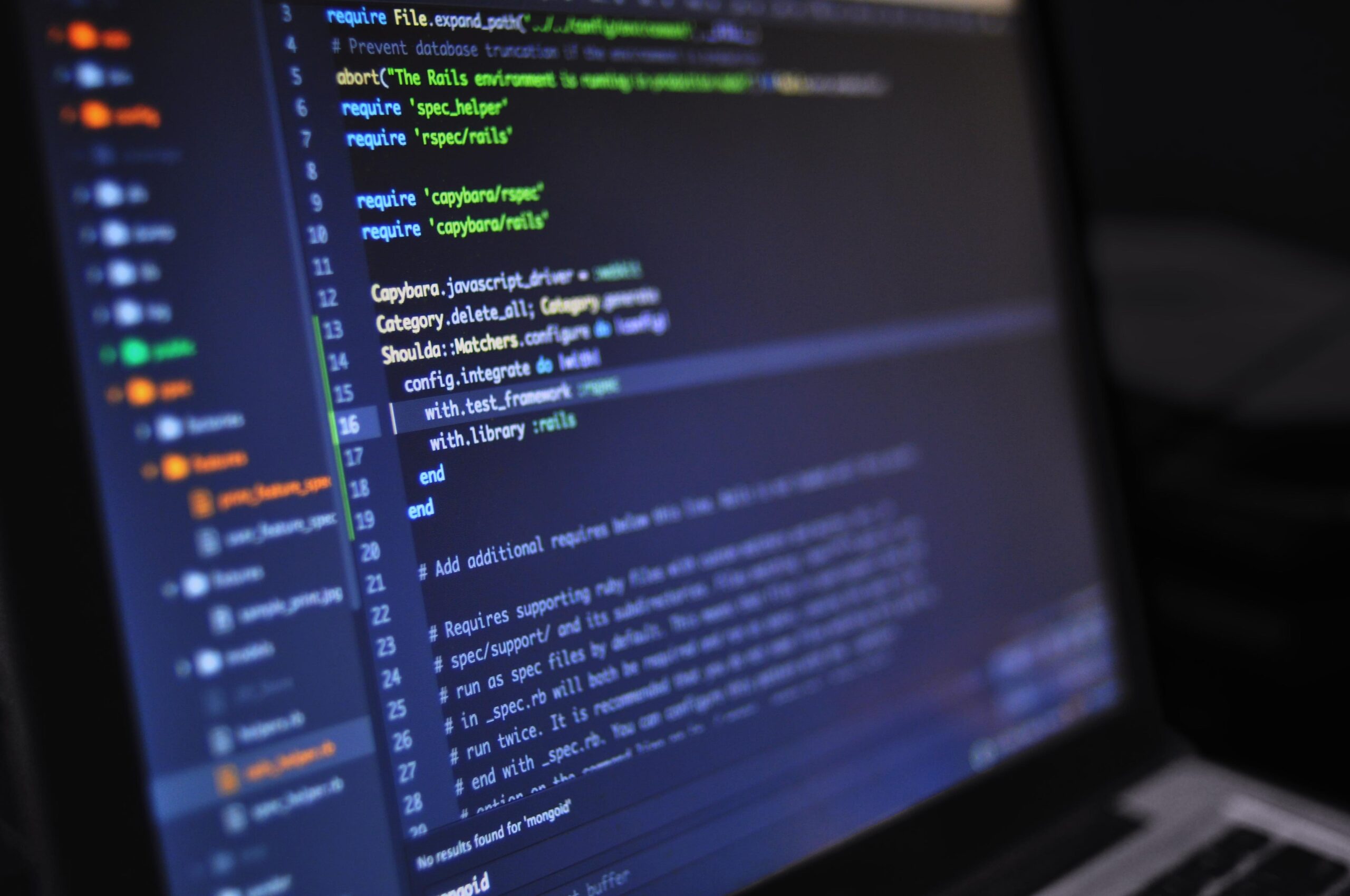Artificial Intelligence

Automated Decision-Making Systems in German Administrative Law
Jens-Peter Schneider, Franka Enderlein | 13 February 2023 | Issue 1/2023
This contribution analyses the German legal framework concerning automated decision-making systems. Public administration in Germany uses automated decision-making systems primarily to adopt partially or fully automated administrative acts. Accordingly, this paper focuses on automated administrative acts, however, it also discusses the first comprehensive regulation of artificial intelligence enacted by a German “Bundesland”. The paper approaches the topic from three different perspectives: The German legislative framework, case-law and soft-law concerning automated decision-making systems.
Read More
Automated Decision-Making Systems in Austrian Administrative Law
Franz Merli | 30 January 2023 | Issue 1/2023
Automated decision-making has been discussed in Austrian administrative law for more than 40 years. The focus has always been on the administrative act (in the sense of a formal individual decision) and the pertaining procedure. In this area, there are established principles, although new technologies raise new questions. Beyond the administrative act, we are still very much in the dark.
Read More
Automation and Algorithmic Decision-Making Systems in the Italian Public Administration
Diana-Urania Galetta, Giulia Pinotti | 16 January 2023 | Issue 1/2023
This article aims at analysing the decision-automation-systems currently used by public administrations in Italy. After an analysis of the legal framework, the different systems are classified and illustrated: in particular, the case of the so-called “good school” algorithm is discussed. The conclusions dwell on the reason for the scarce use of these tools in the Italian landscape, also due to the slow and uneven digitisation of the public sector.
Read More
Comparative Law of Public Automated Decision-Making. An Outline
Herwig C.H. Hofmann | 9 January 2023 | Issue 1/2023
Jurisdictions within the EU and countries around the world are beginning to regulate the use of public Automated Decision Making (ADM). The legal framework thereof differs considerably, and its development is at an early stage. This contribution sets out a possible comparative research framework, with other words elements to compare the different solutions developed by the legal systems in the face of challenges of ADM.
Read More
Algorithmic legality in administrative action and procedural violations’ regime
Federico Nassuato | 24 November 2022 | Issue Public Administration facing the challenges of digitalisation (2022)
The use of algorithms and A.I. systems in administrative action has strongly challenged the requirements of administrative due process. Due to the absence of national statutory rules on administration by algorithm, administrative courts have established a set of principles (the so-called “principles of algorithmic legality”) in order to protect the legal position of citizens involved in administrative procedures, borrowing them mostly from the EU General Data Protection Regulation (GDPR). Case law specifically requires public bodies to comply with: a) the citizen’s right to access to meaningful information concerning the automated decision-making; b) the citizen’s right not to be subject to a decision based solely on automated processing; c) the prohibition of algorithmic bias. After a brief overview of the content of these principles, this paper aims to analyse the relation between them and Article 21-octies, par. 2 of Law No. 241/1990. This paper questions whether they have been understood by the courts as reinforced procedural rules to avoid the “weakening” effect, provided by Article 21-octies with regards to procedural impropriety of non-discretionary decisions. In particular, this paper questions whether the strengthening of the procedural rules could be aimed at counterbalancing the lack of substantive legality, due to the exercise of implied powers by the public bodies in using algorithms, or whether it should be based on a different legal reasoning.
Read More
The proposal for an Artificial Intelligence Act: what consequences for Digital Administration?
Carlo Colapietro | 20 June 2022 | Issue Public Administration facing the challenges of digitalisation (2022)
Despite the difficulties and the long implementation timeframe, the systematic introduction of algorithms and Artificial Intelligence in administrative activity represents the future of Public Administration. Thus, it is necessary to ask what the normative perspectives of this phenomenon will be, rethinking some categories of classical constitutionalism. The aim of this paper is to offer a more flexible and effective response to the challenges that the new means of exercising power pose to contemporary society. Therefore, the focus of analysis is on the possible effects on the activities of Public Administration of the European Union's new regulatory proposals on digital and technological regulation, with a specific focus on the proposal for an Artificial Intelligence Regulation. Although the proposal does not dictate particular rules for public administration, it will affect the public sphere, deserving special attention both for its consequences at the practical level and for its impact at the theoretical level.
Read More
Artificial Intelligence and Tax Law: Perspectives and Challenges
Alessia Fidelangeli, Federico Galli | 7 December 2021 | Issue 4/2021
In recent years, Artificial Intelligence (AI) applications based on big data have sparked a huge debate among lawyers. The debate has focused on how new interactions mediated by data-driven AI affect different legal principles, challenge existing rules, and require changes in the legal framework. Many traditional fields of law were covered: data protection law, consumer protection law, intellectual property law, etc. This article provides an overview of the challenges and opportunities that lie at the intersection of AI applications and the domain of taxation and tax law. In the first part, the paper examines how current AI-powered economic models reshape the traditional value chain and influence legal concepts in direct and indirect taxation. The second part discusses how AI is applied in different areas of voluntary tax compliance and tax administrations' controls, and how these developments generate new challenges for (tax) law.
Read More
Prometea experience. Using AI to optimize public institutions
Juan G. Corvalán, Enzo Maria Le Fevre Cervini | 1 May 2020 | Issue 2/2020
Prometea is an artificial intelligence created in Argentina within the scope of the Innovation and Artificial Intelligence Laboratory of the School of Law of the University of Buenos Aires and the Public Prosecutor's Office of Buenos Aires, with the main goal of accelerate bureaucratic processes and free up time for the analysis of complex cases. Its biggest milestone is to predict a solution to a court case in less than 20 seconds, with a 96% success rate. Furthermore, it is able to identify urgent cases –within large volumes of files– in just 2 minutes, which would normally take a human being 96 days. Taking advantage of this AI, while working to consolidate Digital Governments and universal ICT access, we aspire to promote a transition towards a new archetype of public organizations that will make them exponential.
Read More